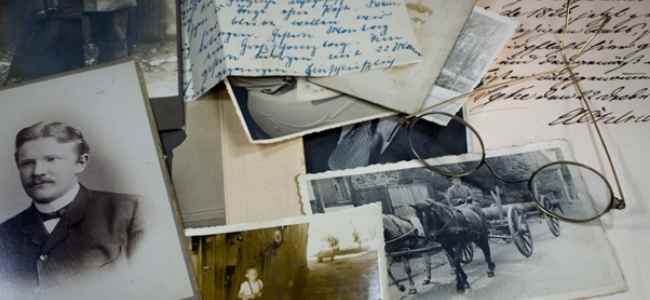Researching Family History: 5 Things to Know

Index Of The Blog
Every family tree tells a rich and varied history, filled with stories waiting to be explored.
By looking into your family’s lineage, you’ll discover everything from how daily life has evolved to what health conditions run in your family. But where do you start?
This article aims to give you a rundown on what you’ll want to know as you start researching family history, including research tips, where to begin, and more! So if you’re even the least bit curious about your family, make sure to keep reading!
1. You Don’t Have to Spend Money
While there are tons of great services out there that promise to make finding out about your family lineage easy, using these companies can get quite expensive.
According to one article, it cost a user nearly $5,000 to look into her family’s history. And she didn’t seem done, either!
While avoiding these services means more work for you, it can ultimately be more rewarding to do the research yourself, both from personal and financial standpoints.
2. Reach Out to Relatives
Figuring out how to research your family history can feel overwhelming. However, those closest to you can serve as a great starting point.
Reach out to any living relatives you know of and ask what information they have about your family. You might be surprised what information you can glean from a quick conversation with your mother or what documents your grandmother might have stored away in her attic.
Even if you don’t learn much, any kernel can be a starting-off point. Something as simple as where your family used to live, for example, can give you a ton of direction.
3. Check the Census
One of the best ways to research your family history is to check old census data. Fortunately, this isn’t as difficult to obtain as you might think.
You can check out old census information online, at either Census.gov for more recent data or the National Archives and Records Administration for census data going back centuries.
4. Visit or Contact Libraries
Aside from browsing old census information, your local library should have access to a back catalog of publications from decades ago. Checking out these old news clips can help you better understand what your ancestors lived through.
You can contact libraries across the country, too, if your family moved.
Librarians are some of the best researchers out there. They can give plenty of helpful advice on how to research your family history, so don’t be afraid to ask.
5. Sequence Your DNA
It might sound like something out of “Jurrasic Park,” but DNA sequencing is a very real — and very effective — way of learning about your family genealogy.
A dna sequencing report can teach you about genetic abnormalities, health concerns, and more.
Though you don’t need a sequencing report to learn about your family, having this extra information on hand can teach you a ton about your genetic makeup. For a more complete picture, you can have other members of your family get a sequencing report, too.
What to Know About Researching Family History
Researching family history doesn’t have to be an expensive and fruitless hobby. With these starter tips, you can learn more about your family than you ever imagined!
Who knows what you’ll discover?
While you’re here, be sure to check out the rest of our blog for additional research tips!













